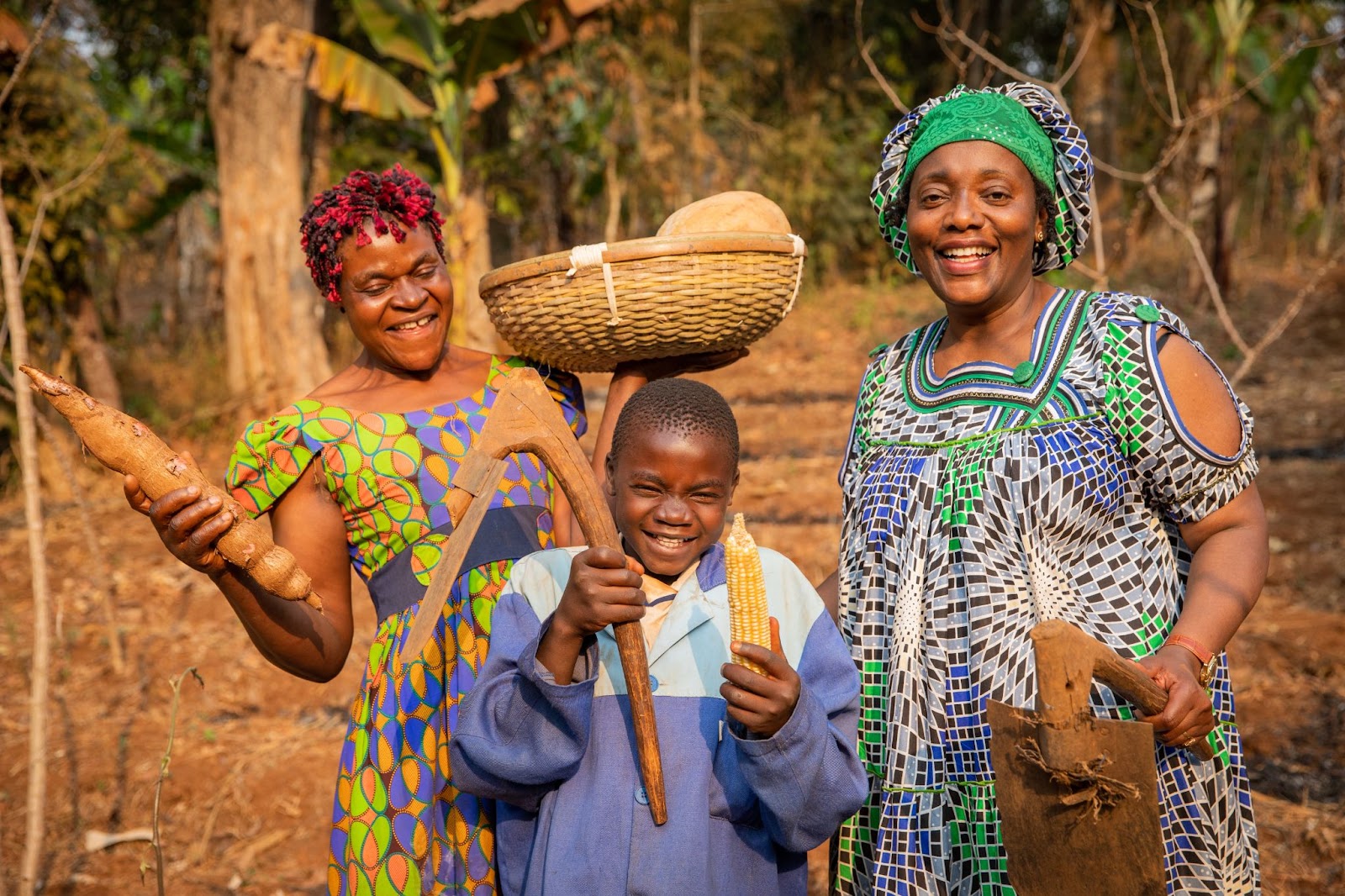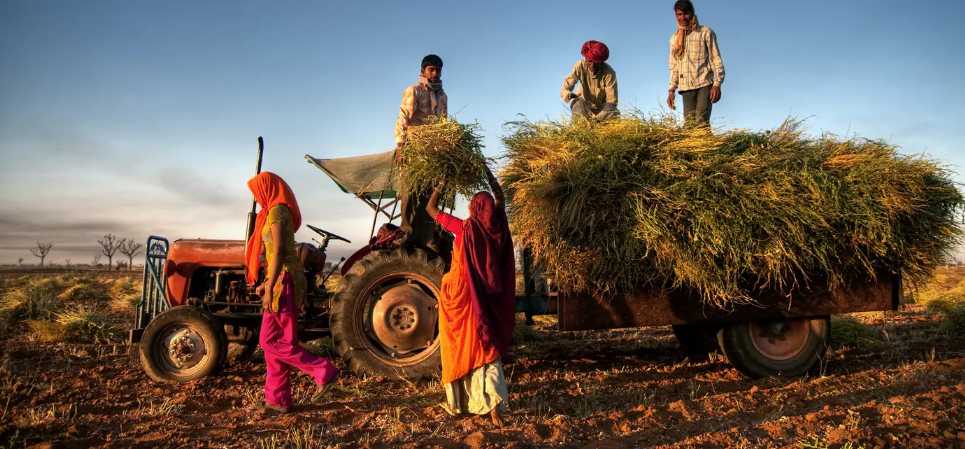Insights from the Ivorian economic miracle of 1960-1980
When Côte d’Ivoire gained independence in 1960, the new government made a strategic choice that differed from many newly independent African states. It was dubbed le miracle Ivoirien, meaning the Ivorien miracle.
Rather than pursuing rapid industrialisation or centralised economic planning, the earliest founders doubled down on agriculture. This approach yielded remarkable results throughout the 1960s and 1970s, with the economy growing at an annual rate of 7-9%. GDP per capita rose from $154 in 1960 to $280 in 1968.
Côte d’Ivoire had a relatively successful economic story in this period, with agricultural exports driving growth, improving trade balances, and sustaining GDP expansion. This growth is still evident in the Country’s significant shares in global agricultural value chains.
This article will explore five lessons that African countries can learn from the Ivorian economic miracle.
READ ALSO: Africa Can Learn From Côte d’Ivoire’s agro-commodities success
5 Lessons African Nations Can Learn from le miracle Ivoirien

1. Leveraging Indigenous Entrepreneurship
Unlike development models that rely primarily on foreign investment or state-owned enterprises, Côte d’Ivoire’s success was built upon a foundation of local agricultural entrepreneurs. The emergence of an African plantation class created domestic advocates for policies that supported the agricultural sector.
According to a 2022 African Union report, small and medium-sized enterprises (SMES) account for over 90% of businesses in Africa and make a significant contribution to employment and GDP, forming the backbone of most economies on the continent.
However, their growth is often constrained by limited access to finance, markets, and business development services.
2. Pursuing Gradual Transformation
In the 60s and 70s, the country focused on gradually increasing its value within specific global value chains. This economic development required a patient, long-term perspective that often transcended electoral cycles, unlike most countries on the continent.
Short-term political wins did not shape Côte d’Ivoire’s approach to gradual transformation; rather, it was a strategic vision that spanned decades. This long-term thinking enabled the country to build comprehensive frameworks for development that balanced immediate needs with future aspirations.
Other African nations would benefit from developing national economic visions that extend 20 to 30 years into the future. This can be done by creating institutional mechanisms to ensure continuity regardless of political changes.
READ NOW: How Africa Can Replicate South Korea’s Economic Growth
3. Balance Export Orientation with Diversification
While focusing on high-value export crops, Côte d’Ivoire simultaneously pursued diversification across multiple commodities. This balanced approach reduced vulnerability to price shocks in any single market.
Côte d’Ivoire’s diversification strategy operated on multiple levels. Horizontally, the country expanded into other crops, such as coffee, rubber, palm oil, and cotton. Vertically, it gradually moved up value chains by investing in processing capabilities that transformed raw materials into higher-value products. This comprehensive approach to diversification created a more resilient economic structure.
African economies must be vigilant against the “Dutch disease” phenomenon, where dependence on a single valuable resource leads to currency appreciation that undermines other productive sectors.
Many resource-rich African countries have fallen into this trap, with oil, minerals, or a single agricultural commodity dominating exports while other industries suffer.
4. Investing in Rural Infrastructure

As the former Ivorian president, Félix Houphouët-Boigny, wisely noted, “The land belongs to those who cultivate it.” This principle extends metaphorically to economic development.
The greatest benefits flow to those who build the systems that add value to raw materials. When infrastructure is developed by African institutions—whether public or private—the returns on these investments remain within the continent rather than flowing outward.
Financial institutions have critical roles to play in filling the infrastructure gap. By pooling resources and expertise across countries, these institutions can structure projects that might be too large for individual nations to tackle on their own. Regional infrastructure projects are also significant for creating integrated markets that achieve economies of scale.
Beyond physical infrastructure, African countries must also invest in “soft infrastructure” such as quality standards, certification systems, and trade facilitation measures that enable their agricultural products to meet international market requirements and capture higher value.
5. Maintaining Policy Consistency
Policy predictability forms the foundation of long-term investment decisions. In many African countries, agricultural and economic policies shift dramatically with leadership changes, creating an environment of uncertainty that discourages strategic investments.
Côte d’Ivoire managed to maintain core economic principles across different administrations, signalling to both domestic and international investors that commitments would be honoured. This consistency doesn’t mean rigidity or resistance to improvement. Instead, it reflects a national consensus on fundamental economic priorities that transcend partisan politics.
READ NOW: Key Strategies For Procuring Quality Cocoa in West Africa
Digital Innovation in Africa’s Agricultural Future
While the “Ivorian miracle” established a strong agrarian foundation through strategic policy choices and consistent implementation, Africa’s next economic leap will likely be powered by the fusion of all these factors with digital innovation.
Digital trade platforms like Matta are reshaping how Africa’s valuable chemicals, raw materials, ingredients, and commodities reach global markets, cutting out inefficiencies, reducing costs, and creating new pathways for growth.
As Africa advances, we are proud to stand at the forefront, empowering farmers, processors, manufacturers, and producers with easy access to quality inputs and trusted buyers through a seamless digital experience.
By partnering with Matta, you’re choosing a future built on growth, innovation, and lasting success.
Ready to take your agricultural business to the next level?
Sign up on Matta
In a world with reduced attention span, you took the time to read this article, Thank you
